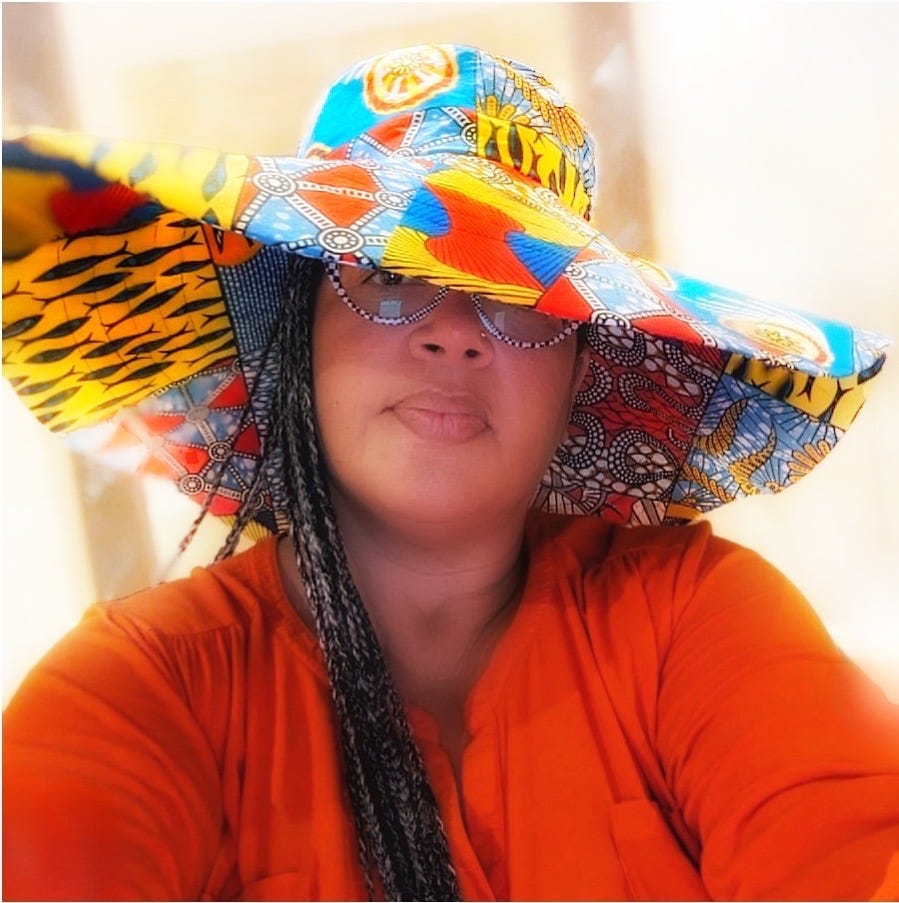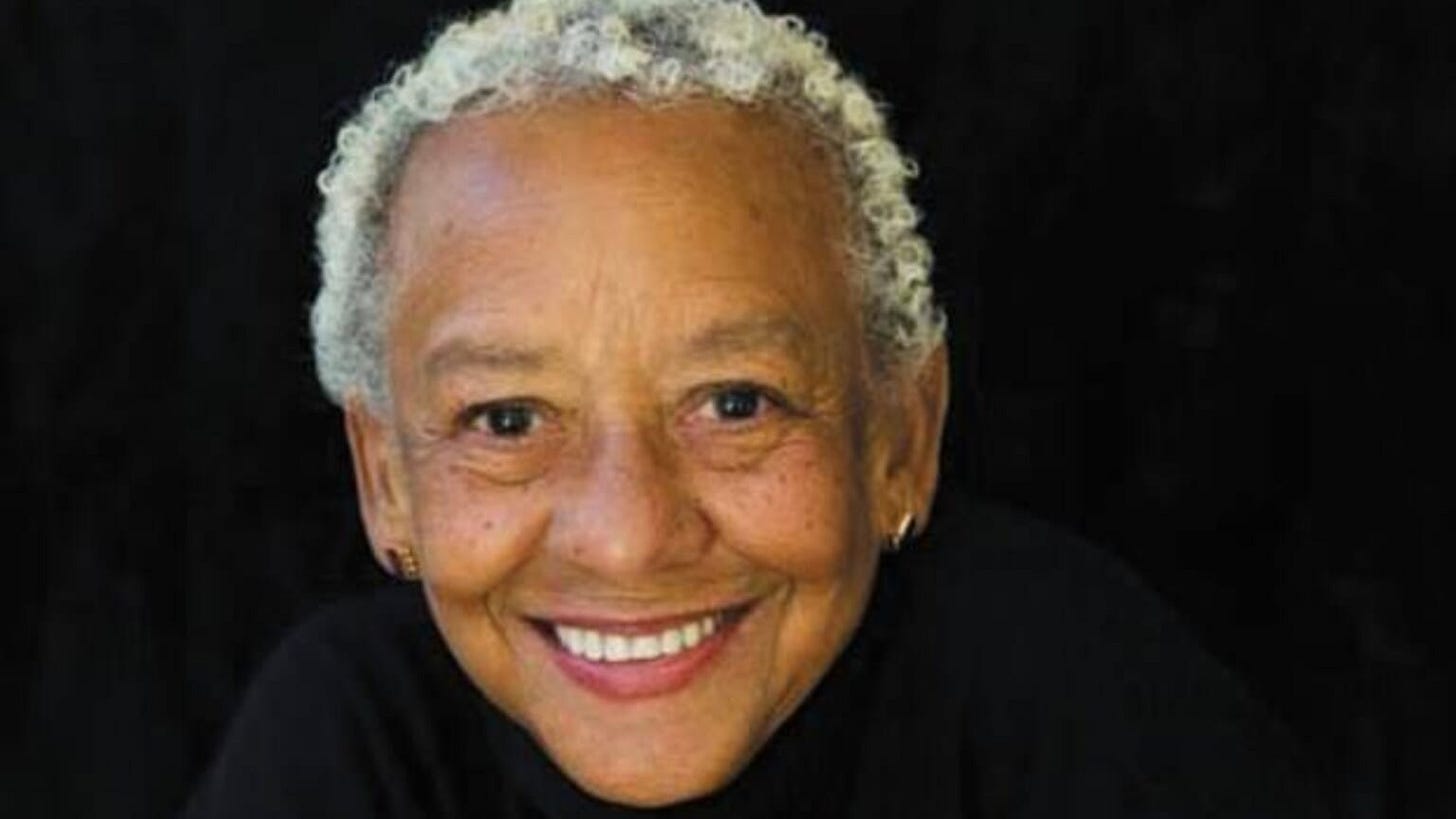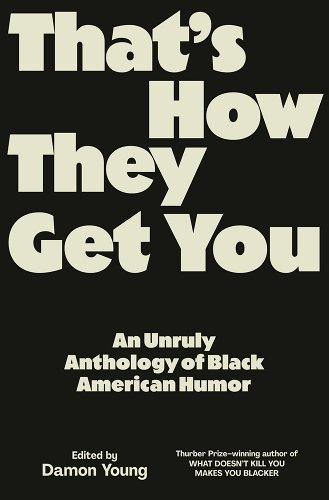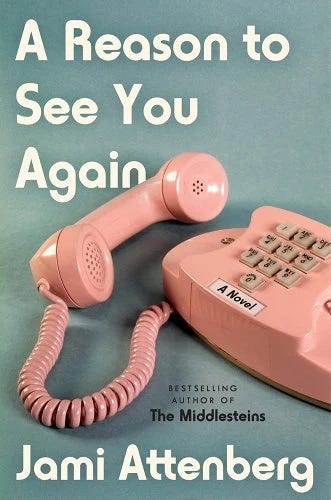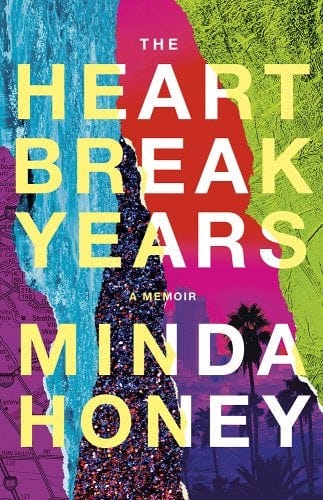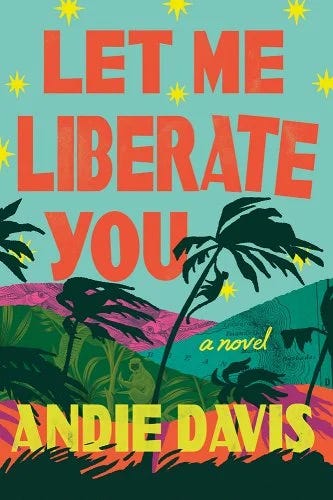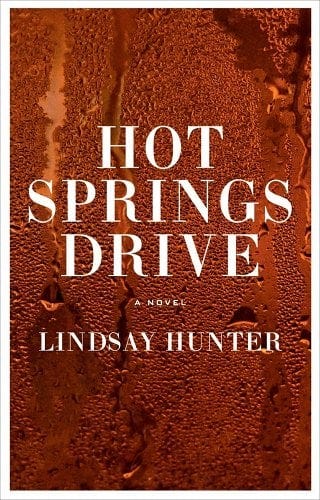Protect Ya Neck: On Writers Getting Got
Plus brief takes on movies, menopause, memoir, and more
THANK YOU to all my subscribers, with special thanks to my paid subscribers and to those who have recommended this newsletter to others or sent gift subscriptions!
WRITING IS A BUSINESS, MAN
"The irony is not lost on us. Pay your writers," the WGA tweeted about Hwang Dong-hyuk's lack of additional compensation for the show's unprecedented success
Okay, this is old news (from June 2023), but new news to me: The creator of the $900 million dollar-earning show Squid Game gets no residuals and has forfeited all intellectual property rights.
While it’s not an apples-to-apples situation, please let this serve as a reminder to have a professional—an agent or an attorney who specializes in entertainment or IP law—review your contracts before you sign, even for lit journals. One of the many benefits of belonging to the Author’s Guild is free contract review and other legal resources.
People with less than good intentions can take advantage of writers who are eager to get traditionally published or write for Hollywood. Writers experience so much rejection, that when an acceptance or an offer does comes along, we might find it hard to ask questions, negotiate, express concerns, or walk away.
Maybe we’re afraid that if we don’t say “yes” without question or hesitation, the offer will explode and another won’t come along.
Maybe we think we should be grateful that someone is finally interested in our work. This kind of “gratitude” can keep us from thoroughly vetting an offer that isn’t in our best interest.
Maybe we’re inclined to say “yes” right off the bat, because the offer is the most money (or prestige) we’ve ever been offered. But is the offer a fair offer from a reputable source acting with integrity? Does what we’re being offered reflect the true value of our work, our time, our talents?
Exceptions of course are lit journals that usually can’t afford to pay writers anywhere near what their work and time is worth. So perhaps a better measure is market value/rates, especially for freelance work. Ask around to see what others charge for the kind of work you’re considering taking on. The Editorial Freelancers Association offers this handy rate sheet for writing, editing, publishing, consulting, design, reading, and more.
To be clear, I do understand accepting less money because you need money urgently. I’ve certainly done it. What I want to caution against is accepting less money because you’re ill-informed, afraid of upsetting people, or think you should just be grateful for anything that comes your way.
I’ve heard from some writers over the last few years who have been asked to “help” others with scripts for movies or television. These writers, excited by the possibility of breaking into Hollywood, risk being exploited. In one case, the “opportunity” the writer was offered was a chance to be a scab during the 2023 Writers’ Guild of America strike. This particular writer is based in the U.S., but during the WGA strike, streaming platforms doubled down on foreign content, with Netflix investing billions in shows from South Korea, exploiting creators there. I gently pointed out to this writer that by accepting the offer to write during the strike, not only would she be undermining the efforts of striking WGA members, myself included, she would also be getting herself blacklisted from ever joining the WGA in the future.
She had no idea. And that was by design.
Other writers who were asked to “help” with TV and movie scripts post-strike also suffered from lack of information and resources:
They didn't have a film/tv agent, entertainment attorney, or anyone who could make sure their interests were being protected.
They didn’t understand that you can’t just “help” write a script “in exchange for credit” when the show/film got made. That’s not how any of this works.
They weren’t familiar with the work of the WGA and how it protects writers.
They didn’t understand what it means to write on spec (i.e., write for free in hopes that the series or film would eventually get picked up).
They didn’t understand that writing someone else’s script for free (or “in exchange for credit,” which as I said, is not a thing) is not a good idea and not likely to lead to the “big break” they’re hoping for.
No shade to these writers, though. Before 2020, I didn’t know any of these things either. There’s no shame in not knowing. But please don’t make the mistake of not asking.
Whether it’s a tv development deal, a book deal, or a lit mag acceptance, before you sign, ask people who do know the business side of writing—people other than the ones making you the offer! A writer once asked me if I thought she needed a literary agent; she was about to sign with a university press, just as I had for Church Ladies. The university press told her she didn’t need an agent. And okay, sure, she didn’t need one in order to get published, but she definitely needed a knowledgeable advocate looking out for her best interests. It was in the press’ best interest that she not have an agent.
I don’t care how nice someone is, in a publishing deal, the publisher is not your advocate. Just like HR at work, they are the company’s friend, not yours. (And university presses have a pesky way of trying to get writers to sign away their copyrights. Never ever ever ever sign away your copyright.)
Before you sign anything, talk to people who are knowledgeable and who have your best interests in mind. Talk to people who have nothing to gain from your being exploited. Protect ya neck.
THE WRITING VS. THE RECEPTION
“I have observed that we bring the best of ourselves to writing and that publishing brings out our worst. I like to think that my relationship to making art is utterly discrete from my relationship to reception, the latter being ambivalent at best. I am immeasurably grateful for the privilege of publication and I also know that seeking self-esteem in its rewards is a dicey enterprise, at least for those of us who cherish our mental serenity and want to preserve the pleasurable aspects of creation.” — Melissa Febos, Body Work
Whew. Preach, Melissa. Let the book just be the book, let the writing just be the writing, not a measure of our self-worth. The alternative is too much pressure for us or our work to bear, which can be downright paralyzing.
The opposite of burdening your writing is playing with it, and my dear friend Faith Adiele is showing us how it’s done. She’s got two new hybrid memoirs out Her Voice: Hänen Ääensä: A Hybrid Memoir and Voice/Over: A Memoir Breakout in 7 Movies. And you can check her out talking about these books and more on the Write-Minded podcast.
(Melissa’s quote pairs well with this spot-on list Ariana Brown posted on IG, “7 Things No One Told Me About Becoming a Writer: Fame + Success.”)
ON CRAFT
“I don’t have a craft. I have a love of the people who traveled the ocean to become a new people. I don’t have a craft. I have the embrace and trust of my ancestors. And the language we created.”1
Rest in Power, Nikki Giovanni
PRE-ORDER TIME!
My friend Damon Young has edited That's How They Get You: An Unruly Anthology of Black American Humor, forthcoming from Pantheon Books in June, and you can pre-order it right now. I’m honored to have a story included. The official word on That’s How They Get You:
“From the Thurber Prize-winning author of What Doesn’t Kill You Makes You Blacker comes a ground-breaking collectin of Black humor from some of the most acclaimed writers and performers at work today
”A critic explores the paradox of finding community in “the dozens” while grieving. A violent town ritual causes an all-too-familiar moral panic. An email thread between friends on why we need an updated “Green Book” but for public toilets. All across the nation “Karens” become illegal overnight. These are just a few of the hilarious worlds contained in Damon Young’s groundbreaking anthology featuring the best, funniest, and Blackest essays, short stories, letters, and rants.
”With words that roast, ignite, and burn while connecting to and coalescing around a singular thesis, this anthology emphasizes how and why Black American humor is uniquely transfixing. It’s not just a mixture of observational anxieties and stream-of-consciousness lucidities but also an acute political clarity about America. Edited and with an introduction by Damon Young, the critically acclaimed author of What Doesn’t Kill You Makes You Blacker, the collection features new material from an all-star roster of contributors, including Hanif Abdurraqib, Mahogany L. Browne, Wyatt Cenac, Kiese Laymon, Deesha Philyaw, Roy Wood Jr., Nicola Yoon, and more.”
CHRISTMAS REDUX
A partial list of books I gave as Christmas gifts:
A Reason to See You Again by Jami Attenberg
Praisesong for the Kitchen Ghosts: Stories and Recipes from Five Generations of Black Country Cooks by Crystal Wilkinson
The Heartbreak Years: A Memoir by Minda Honey
Light Skin Gone to Waste: Stories by Toni Ann Johnson
Mickalene Thomas: All about Love by Mickalene Thomas, Beverly Guy-Sheftall, et al
Let Me Liberate You by Andie Davis
Hot Springs Drive by Lindsay Hunter
OTHER WRITERLY BITS AND PIECES
Start your 2025 off write (heh) with Jami Attenberg’s encouraging Mini 1000 project.
Are you a writer from the global majority and also a mama? Raising Mothers would like to hear from you.
Rebecca Makkai on how blurbs work, how to ask for one…and why she’s taking a long break from writing them.
A really interesting and informative post from Morgan Strehlow about her experience as a new (18 months) literary agent. (And ICYMI, one of my early posts here was about agents.)
Michael Jamin shares how his self-published book became one of Vulture’s “Best Comedy Books of 2024.” We love a non-traditional path.
In further “We’re Fucked” news, Gen Z doesn’t know what journalism is. Relatedly, vibes in, facts out.
Deadline 12/31/24: Call for personal essay submissions for Rachel Kramer Bussel’s Open Secrets magazine
Writing, Wandering, Wondering offers writing advice and resources––always free.
Paid subscribers get full access to the newsletter, which includes my professional, personal, and pop culture musings, adventures, obsessions, and news. All proceeds go to Roots Wounds Words, Bronx Defenders, Freedom Reads, and National Bail Out.






